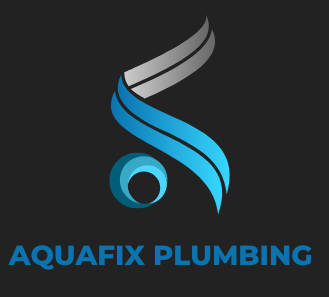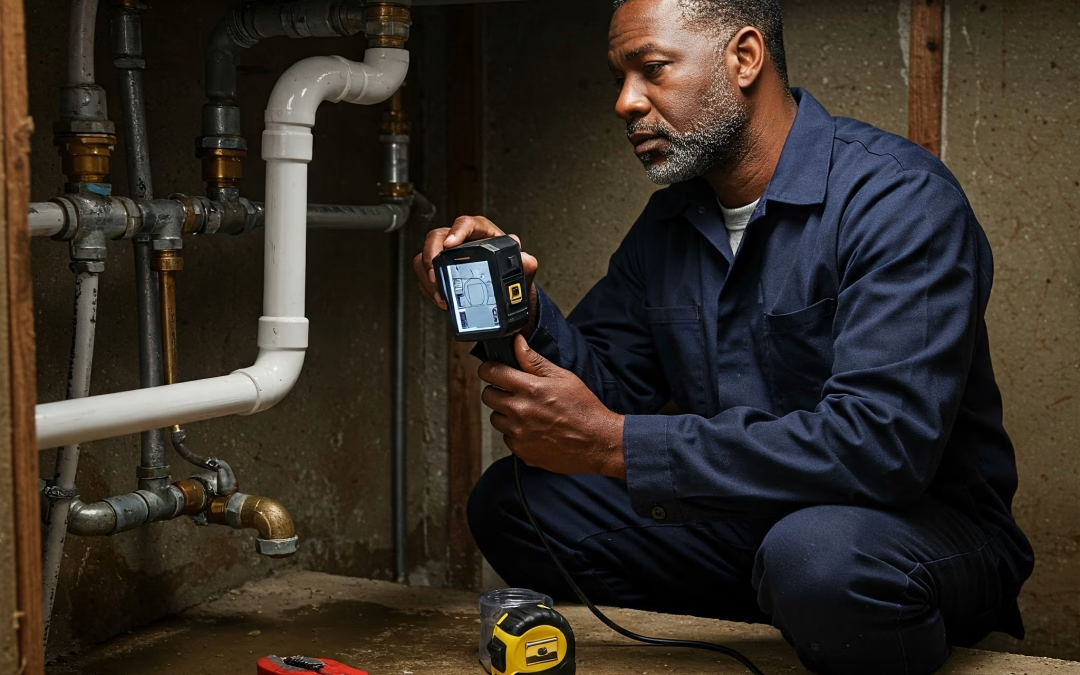Plumbing inspections in Durban
Buying a home excites you. Visions of cozy evenings and backyard braais fill your mind. However, don’t let the excitement overshadow crucial details. A thorough plumbing inspection protects your investment and prevents future headaches. You wouldn’t buy a car without checking the engine, would you? Similarly, you shouldn’t buy a home without scrutinising its plumbing, especially in Durban’s humid climate.
Why Plumbing Inspections Matter
Hidden leaks cause significant damage. Imagine water silently seeping behind walls, exacerbated by Durban’s humidity, leading to mold and structural decay. You avoid these costly repairs with a comprehensive inspection. Old pipes corrode over time. They burst unexpectedly, flooding your home. A professional inspection identifies these risks and provides peace of mind, particularly crucial given the coastal environment’s impact on plumbing.
What a Plumbing Inspector Examines
Inspectors check the water pressure. They ensure it’s adequate and consistent. They look for leaks under sinks and around toilets. They assess the condition of visible pipes. Rust or corrosion signals potential problems, and in Durban, the salty air can accelerate this process. Inspectors test the water heater. They make sure it operates efficiently and safely. They evaluate the sewer line. A blockage or break leads to significant issues.
.
Understanding the Inspection Report
The report outlines the condition of the plumbing system. Pay attention to any red flags. Major repairs impact your budget. You negotiate repairs with the seller based on the report. Don’t hesitate to ask questions. Clarify any concerns with the inspector, especially regarding potential long-term issues related to the coastal climate.
Key Areas to Focus On (Durban Specifics)
- Pipes: Look for leaks, corrosion, or damage. Galvanized steel pipes are prone to rust, a common issue in Durban’s humid, salty environment. Copper or PVC pipes are generally more reliable.
- Water Heater: Check the age and condition. A water heater over ten years old might need replacement. Ensure it functions properly.
- Sewer Line: A video inspection reveals blockages or breaks. Tree roots invade sewer lines, causing significant problems.
- Fixtures: Test faucets, toilets, and showers. Check for leaks and proper drainage. Pay close attention to signs of rust or mineral buildup, common in coastal areas.
- Water Pressure: Ensure consistent and adequate water flow. Low pressure indicates potential issues.
DIY vs. Professional Inspection
You can perform a basic visual inspection. Look for leaks and obvious damage. However, a professional inspector uses specialized tools. They perform a thorough assessment. and find hidden problems you might miss. You save money long-term with a professional inspection.
Negotiating Repairs
The inspection report provides leverage. Request repairs from the seller. Negotiate a lower price to cover repair costs. Don’t be afraid to walk away from a deal with serious plumbing issues.
Preventive Maintenance (Durban Considerations)
After buying your home, maintain your plumbing system. Flush drains regularly. Avoid pouring grease down the drain. Install drain screens to catch debris. Schedule annual plumbing inspections. By doing this you extend the life of your plumbing system, particularly important in combating the effects of Durban’s climate.
The Importance of Documentation
Keep a record of all plumbing inspections and repairs. This documentation helps with future maintenance and potential insurance claims. It also provides valuable information if you decide to sell the home. A well-documented plumbing history adds value to your property.
Common Plumbing Problems and Solutions
- Clogged Drains: Use a plunger or drain snake. Avoid chemical drain cleaners. They damage pipes.
- Leaky Faucets: Replace worn-out washers or O-rings. Tighten loose connections.
- Running Toilets: Replace the flapper or fill valve. Adjust the float.
- Low Water Pressure: Clean aerators or check for leaks. Install a pressure booster if needed.
- Burst Pipes: Turn off the main water supply. Call a plumber immediately. Insulate pipes in cold climates.
Preparing for the Inspection
Clear clutter around pipes and fixtures. Provide access to the water heater and main water shutoff. Have the seller’s disclosure documents available. This helps the inspector understand the history of the plumbing system.
Long-Term Benefits of a Thorough Inspection
You avoid expensive repairs. You maintain the value of your home. You gain peace of mind. A well-maintained plumbing system contributes to a comfortable and safe living environment, a crucial factor in Durban’s unique climate.
Making an Informed Decision
A plumbing inspection is an essential part of the home buying process. You protect your investment. You make an informed decision. Don’t skip this crucial step.
Final Thoughts
Buying a home in Durban is a significant investment, and a proper plumbing inspection is important—especially given the coastal climate. Ensuring your plumbing system is in good condition protects your future, keeping your home safe and functional. Investing in a professional inspection now can save you from costly repairs down the line.


Recent Comments